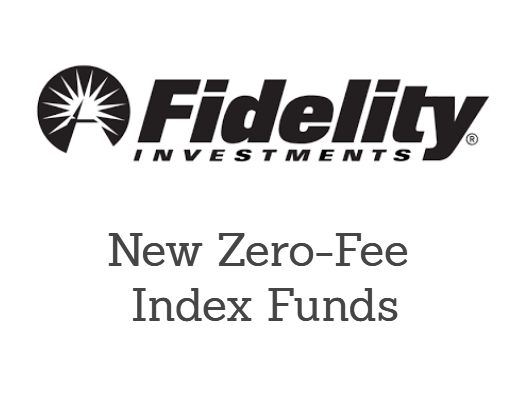Around a month ago, it looked like Greece was on the verge of leaving the EU. The German finance minister said that Greece needed to spend five years without the Euro, a move that would have certainly become permanent. Despite a deal for a bail-out being in the works, it seemed unlikely that Greece would agree to the terms set by the EU.
Despite this, Greece has now confirmed that a bail-out has been agreed. The $95 billion fund will be given to Greece over the next three years. This is now the third bail-out handed to Greece since 2010. While the deal is not completely set in stone yet, only countries with large economies will be able to block the deal. Germany seems to be all in favor of the bail-out deal and smaller countries do not have the economy to block the deal.
How Will The Greek Bail-Out Work?
Greece will get its first payment by September 20th. The $14.4 billion will be used to claim back the bonds that are currently held by the European Central Bank. After this, Greece will get another $10 billion which will be handed over to the European Stability Mechanism. They will use this money to help get the banks in Greece damaged by the crisis up and running again. This will be followed by another payment towards the end of the year for the Greek banks, which will complete the first round of money for the bail-out.
Why Is The IMF Not Involved?
The International Monetary Fund will no doubt remember all the trouble they had in 2010 with the first Greek bailout. The IMF insist that they will not offer bail-out help unless it looks likely that the debt of a nation can be sustained. That wasn’t the case in 2010, but the IMF offered a contribution, a decision they have struggled with ever since. They will be understandably reluctant to get involved with this third bail-out.
Germany may not be too sure about having the IMF involved either. For them, having the IMF contributing has both an upside and downside. The upside is that they can be quite strict when it comes to the terms of a bail-out and the enforcing of debt payment. Germany would be happier if the IMF were in charge rather than the European Commission. The downside is that the IMF want countries inside the Eurozone to increase the amount of debt relief money they are offering. Considering that the Germans feel they are contributing more than enough, having the IMF calling the shots would not be in their best interests.
What Will Happen In Greece?
This remains to be seen. The Greek Prime Minister Alexis Tsipras now has to deal with a split in the ruling Syriza party. Many parliamentary members of the party are upset that Tsipras went to the EU with a clear plan for negotiations, only to allow the EU to impose strict sanctions. Tsipras may have to endure a vote of confidence in parliament, which could well trigger another election. The outcome of that could well determine how this bail-out takes place. The people of Greece will just have to hope that politics does not get in the way of their country getting on the road to recovery.

